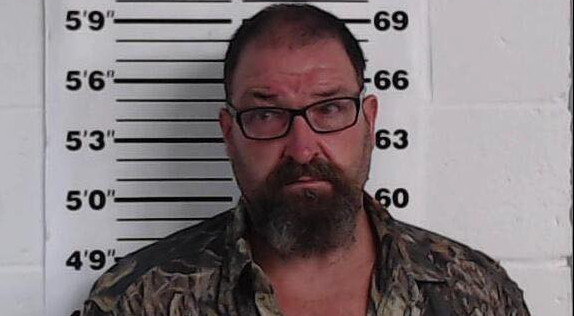Deadly Dixie pipeline: How Mississippi guns wind up in hands of Chicago gangs
Published 3:01 pm Thursday, August 29, 2019


About 5% of all recovered guns in the Chicago area from 2013 to 2016, referred to as crime guns, were traced back to Mississippi, according to the report.
Mississippi — almost the entire length of Illinois and two states away from Chicago — is about 600 miles away from the state line.
Yet the report found more guns come from the Magnolia State than any other Southern state: 756 from 2013 to 2016, the third most of any state.
Trending
That’s more than the entire state of Wisconsin (599) just north of Chicago and more than double that of Kentucky and Tennessee, both north of Mississippi and with similarly lax gun laws.
And from 2001 to 2012, of the more than 15,000 guns police traced from just outside Chicago, almost a third — 4,296 — came from Mississippi.
On the other hand, just 10 of the 3,343 guns recovered in Mississippi in 2017 came from Illinois, according to the Bureau of Alcohol, Tobacco, Firearms and Explosives (ATF). The most were in the state’s largest city, Jackson.
How the guns get to Chicago
A majority of the recovered Chicago guns, about 95%, come from straw purchasers, according to the Chicago report, where a gun is bought by someone besides the actual owner.
Most gun traffickers make the trip from Mississippi to Chicago, or vice versa, by car, using I-55 as a gun pipeline. The road, which stretches from Chicago to New Orleans, passes through Memphis, Tenn., before crossing the Mississippi state line.
Trending
As a result, a significant number of gun purchases occur in the state’s most northernmost towns, off I-55 just past the state border.
One example is a federal case in 2007 that traced more than 100 guns back to federally licensed dealers in the northern Delta towns of Clarksdale and Tunica.
Court documents detailed how the gun traffickers operated, revealing an organizational structure in which firearms “brokers” from Chicago arranged to have guns purchased in Mississippi and brought to gang members in and around Chicago. The brokers worked with traffickers who recruited straw purchasers to buy the guns at Mississippi pawn shops and gun shops.
The straw purchasers falsely claimed ownership for the guns on federal forms, knowing the guns were being purchased on behalf of “co-conspirators” who intended to transport them to Chicago, according to court records.






